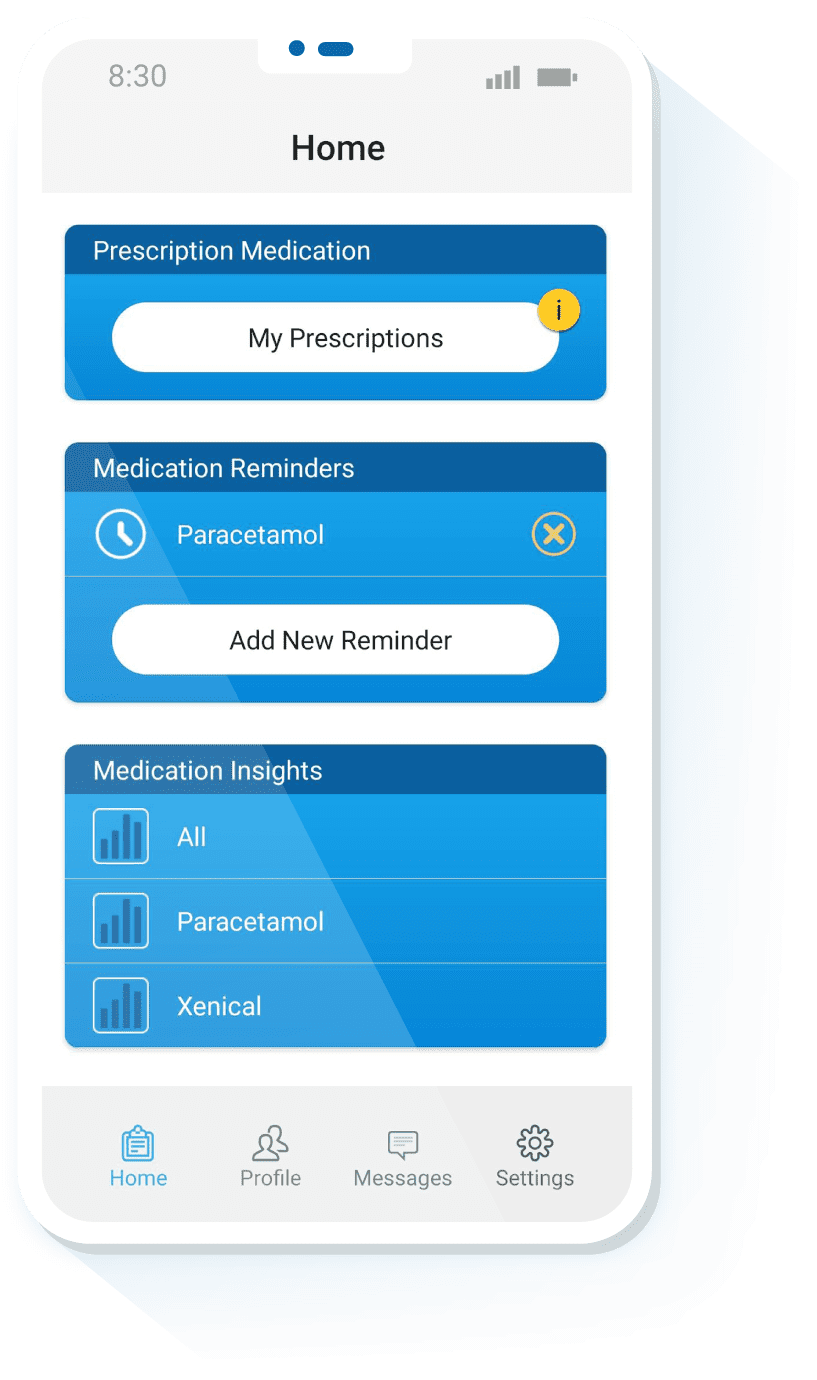Today marks World Hepatitis Day. According to the World Hepatitis Organisation 290 million people worldwide are living with undiagnosed viral hepatitis.
What is viral hepatitis?
Viral hepatitis is an infection that causes liver inflammation and damage. Inflammation of the liver can lead to a range of health problems and can be fatal. There are five recognised types of hepatitis. The hepatitis A and E viruses typically cause acute (short-term) infections. The hepatitis B, C, and D viruses can cause acute and chronic (long-term) infections. It is also possible to get alcohol and autoimmune hepatitis.
According to the World Health Organisation, types B and C lead to chronic disease in hundreds of millions of people worldwide and, together, are the most common cause of liver cirrhosis, cancer and viral hepatitis-related deaths. An estimated 325 million people worldwide live with hepatitis B and/or C, and for most, testing and treatment remains beyond reach.
Is hepatitis prevalent in the UK?[1]
Hepatitis C and E are the most prevalent in the UK.
Hepatitis C
Hepatitis C is caused by the hepatitis C virus and is the most common type of viral hepatitis in the UK. It’s usually spread through blood-to-blood contact with an infected person. In the UK, it’s most commonly spread through sharing needles used to inject drugs.
Hepatitis C often causes no noticeable symptoms, or only flu-like symptoms, so many people are unaware they’re infected.
Around 1 in 4 people will fight off the infection and be free of the virus. In the remaining cases, it’ll stay in the body for many years. This is known as chronic hepatitis C and can cause cirrhosis and liver failure.
Chronic hepatitis C can be treated with very effective antiviral medications.
There is currently no vaccine available for Hepatitis C.
Hepatitis E
The virus has been mainly associated with the consumption of raw or undercooked pork meat or offal, but also with wild boar meat, venison, and shellfish.
Hepatitis E is generally a mild and short-term infection that does not require any treatment, but it can be serious in some people, such as those who have a weakened immune system.
There is no vaccine for Hepatitis E.
What is alcohol hepatitis?
Alcohol hepatitis is common in the UK and many people to not realise that they have it. It is caused by consuming excessive alcohol over many years and in a lot of cases has no symptoms.
Reducing or stopping drinking alcohol will let your liver recover however in some cases there is the possibility of developing cirrhosis, liver failure or liver cancer if the consumption continues.
To understand more about the different strains of hepatitis visit https://www.nhs.uk/conditions/hepatitis/.
[1] https://www.nhs.uk/conditions/hepatitis/










